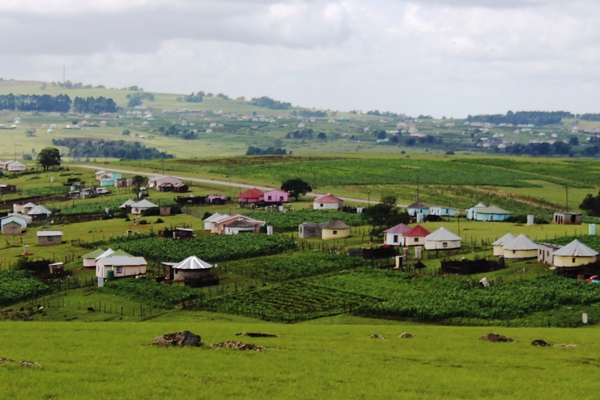Johannesburg: President Cyril Ramaphosa’s signing of the Expropriation Bill into law on January 23rd has ignited a wave of debate across South Africa. While the government has heralded the bill as a crucial step towards addressing historical land injustices, the bill has also sparked significant concerns among the agricultural sector and other stakeholders.
The new legislation replaces the apartheid-era Expropriation Act of 1975 and outlines the procedures for expropriating land, including the controversial provision for “nil compensation” in certain circumstances. This provision has drawn sharp criticism, with legal experts emphasising the constitutional requirement for “just and equitable” compensation.
Annelize Crosby, head of legal intelligence at Agbiz, stressed the importance of upholding constitutional principles. “This legislation needs to comply with the provisions of the Constitution and specifically the requirement that compensation must be just and equitable,” she stated.
Furthermore, Crosby emphasised that expropriation should be considered a measure of last resort, with nil compensation reserved for truly exceptional circumstances that can be fully justified.
“If there are going to be attempts to expropriate farming property on a large scale with offers of no compensation, it will undoubtedly send a negative message to the sector,” she warned, highlighting the potential repercussions for agricultural investment and production.
Concerns over food security have also been raised. While Crosby acknowledged the difficulty in predicting the immediate impact on food security, she emphasized the need for robust safeguards to ensure continued agricultural productivity.
“There is a need for proper financing mechanisms, blended financing programmes, and strong collaboration between the private sector and farmers to maintain agricultural output,” she stressed. Without such measures, the risk of decreased productivity on expropriated land could pose a significant threat to national food security.
Wandile Sihlobo, chief economist at Agbiz, echoed these concerns, emphasizing the importance of ensuring fairness in the application of the law. He highlighted the potential for protracted legal battles and the significant costs associated with landowner resistance to expropriation.
“Although the new Expropriation Act now explicitly allows R nil compensation to be awarded in certain circumstances, the end result must be just and equitable,” Sihlobo emphasized.
He stressed that determining “nil compensation” requires a careful and nuanced assessment of all relevant factors, striking a delicate balance between the public interest and the rights of affected landowners.
The Expropriation Bill has undoubtedly opened a new chapter in South Africa’s land reform journey. However, its successful implementation will depend on careful consideration of its potential impacts, a commitment to upholding constitutional principles, and the creation of a supportive environment for sustainable agricultural development. The coming months and years will undoubtedly witness intense debate and scrutiny as the government navigates the complexities of implementing this landmark legislation.




